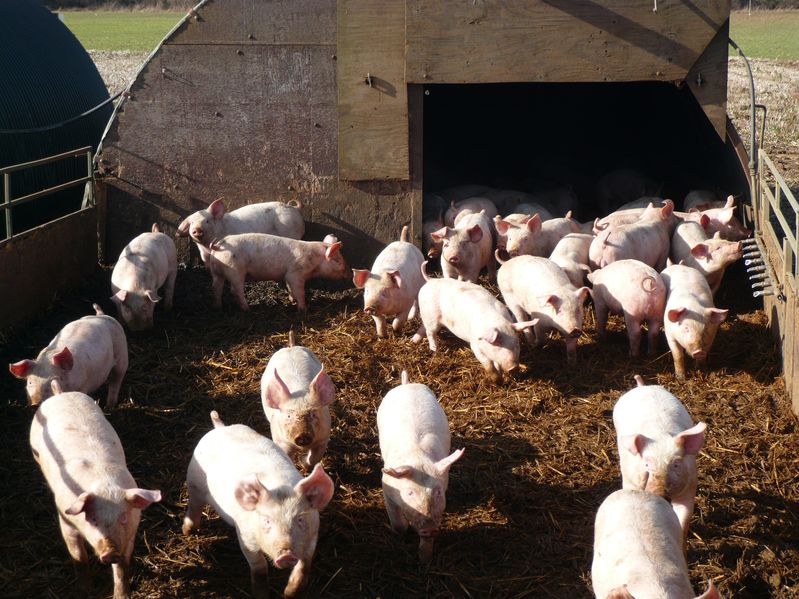
Family pig farms are still viable but they won't remain so unless they are allowed to meet the needs of the population at large, according to the National Pig Association.
In its briefing for planning authorities, NPA says the national pig industry has halved over the past 15 years and today needs the support and goodwill of all stakeholders, "or it will continue to contract as its housing infrastructure becomes progressively unfit for purpose".
"The global trend is for farms to get bigger in order to combat rising costs and shrinking margins, but in Britain family-size pig farms can remain viable, as long as they are allowed to modernise.
"It is understandable Britain's increasingly urbanised population should favour a model of small-scale mixed farming where every farm keeps just a few pigs, as opposed to a few farms keeping larger herds of pigs.
"But given the demands of powerful supermarkets and a growing population which demands cheap food, such farms are no longer economic."
Growing disconnect
"The challenge for Britain's pig farmers," says NPA, "is to deliver Government's model of sustainable intensification in a way that is acceptable to a range of interested bodies, including local communities, local planning authorities and environmental regulators."
NPA says there is a growing disconnect between consumers and food producers and all stakeholders should work together to address this.
"The reality of modern agriculture may be at variance with the popular image of small peasant farms in a rural idyll, but that does not mean modern agriculture is wrong," says NPA.
"Farmers are attempting to meet consumer demands for choice, quality and affordability, and at the same time to reduce the impact of their activities on the environment and to keep the British countryside in good heart."
Public perception of modern farming methods may cause local communities to be concerned about a planning application for new pig housing in their area.
In such cases, farmers should seek to allay these concerns by engaging with local communities to explain exactly what the application involves, and if necessary address any specific issues, says NPA.
"However increasingly the natural concerns of local residents are hijacked by professional anti-meat campaigners from around the world.
"It is difficult for farmers to cope with this kind of pressure as it is often characterised by the use of selective and misleading propaganda and the use of emotive terms such as 'factory farming'."
Commercial finishing units typically range from 500 pigs to over 5,000 pigs. A finishing house for 1,500 pigs would be a part-time venture, incapable of supporting a full-time employee.
However, such a building, or two such buildings, would make a useful addition to a family farm which might otherwise be unviable in today's highly competitive food production environment.
